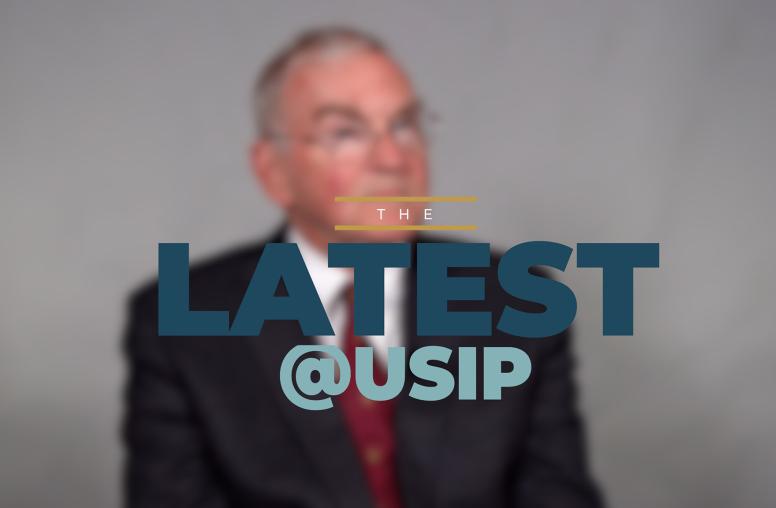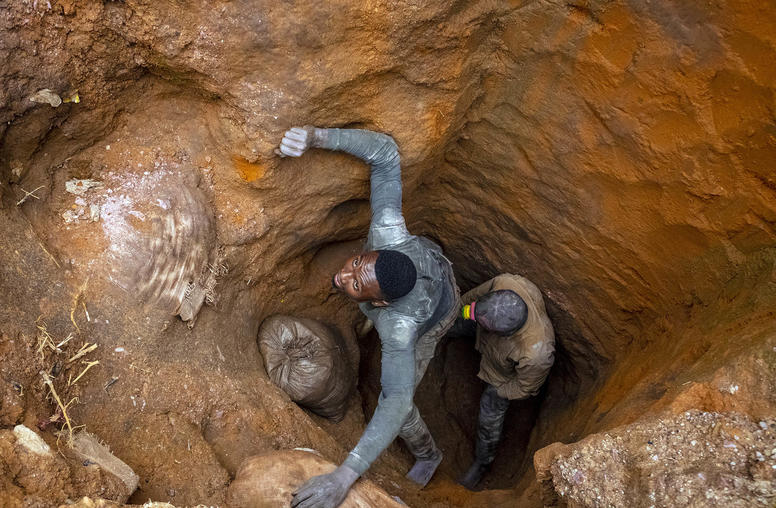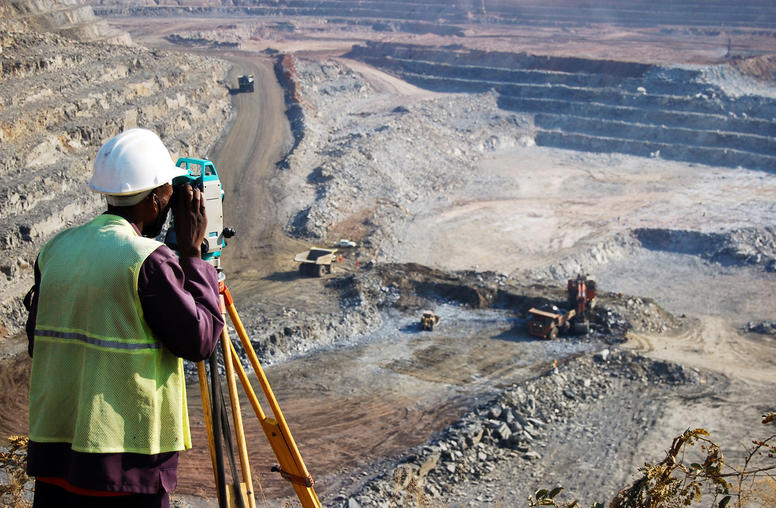Natural Resources: Plunder or Peace
Even though the mismanagement of natural resources lies at the heart of many enduring conflicts, the sustainable and equitable use of petroleum, mineral and agricultural resources could help prevent conflict and promote lasting peace. This event examined the underpinnings of resource management in resource-rich, conflict-prone states and explored options for conflict-sensitive strategies that could break the cycle of violence and lay the foundation for sustainable economic development.
Billions of dollars from illegal logging in South East Asia and from the illicit sale of blood minerals in Africa fuel wars and adversely impact millions every year, as violent competition for strategic resources contributes to civil unrest in many parts of the world. Even though the mismanagement of natural resources lies at the heart of many of these conflicts, the sustainable and equitable use of petroleum, mineral and agricultural resources could help prevent conflict and promote lasting peace. The violence and consequent underdevelopment are facilitated by a complex political-economy that rewards a few and impoverishes the vast majority of the citizens in these countries. Reversing this trend will require sustained efforts to improve resource management and dismantle illicit political and commercial relationships.
This event examined the underpinnings of resource management in resource rich, conflict-prone states and explore options for strategies that could break the cycle of violence and lay the foundation for sustainable economic development.
Paul Collier used findings from his upcoming book "The Plundered Planet: Why We Must--and How We Can--Manage Nature for Global Prosperity" to analyze challenges facing these countries and outline strategies for domestic and international actors. Nancy Birdsall, president of the Center for Global Development, responded to Collier's remarks and provided a practitioner's perspective based on examples from recent research.
This event, hosted by USIP's Center for Sustainable Economies and Jennings Randolph Fellowship Program, builds on USIP’s on-going efforts to analyze the conflict-development nexus and investigate innovative strategies for lasting peace and sustainable development in resource-rich developing countries.
Speakers
- Paul Collier
Director, Centre of African Economies, Oxford University - Nancy Birdsall
President, Center for Global Development - Raymond Gilpin, Moderator
Director, Center for Sustainable Economies, United States Institute of Peace



